GROUP TOOLS
Working effectively in groups is no easy task. In order to succeed, the skills of egalitarian decision-making and co-operation are required. New communities can minimize the need to “reinvent the wheel” by learning techniques such as:
NONVIOLENT COMMUNICATION
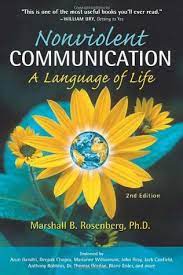 “Nonviolent Communication (NVC) uses consciousness, language, and communication skills to create a framework from which you can express your feelings and needs with clarity and self-responsibility; listen to others’ feelings and needs with compassion and empathy; and facilitate mutually beneficial outcomes for all parties involved.” https://www.nonviolentcommunication.com/
“Nonviolent Communication (NVC) uses consciousness, language, and communication skills to create a framework from which you can express your feelings and needs with clarity and self-responsibility; listen to others’ feelings and needs with compassion and empathy; and facilitate mutually beneficial outcomes for all parties involved.” https://www.nonviolentcommunication.com/
A great introduction is the book Nonviolent Communication: A Language of Compassion, by Marshal Rosenberg.
CONSENSUS DECISION-MAKING
“Consensus decision-making is a group decision-making process in which all present must agree before action is taken. It’s based on the belief that everyone has a piece of the truth . . . If done correctly, this method can help to spread power throughout the whole group, and is the method chosen most often by contemporary community founders.” — Creating a Life Together, Diane Leaf Christian, p. 56
There are many styles of consensus; here are some good books on the subject:
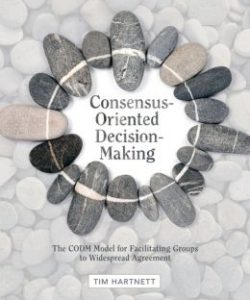 Consensus-Oriented Decision-Making: “Incorporating the principles of collaboration, inclusion, empathy, and open-mindedness, the CODM process encourages shared ownership of group decisions. It combines the best practices from professional facilitation, mediation, and nonviolent communication.” https://www.consensusdecisionmaking.org/consensus-oriented-decision-making/
Consensus-Oriented Decision-Making: “Incorporating the principles of collaboration, inclusion, empathy, and open-mindedness, the CODM process encourages shared ownership of group decisions. It combines the best practices from professional facilitation, mediation, and nonviolent communication.” https://www.consensusdecisionmaking.org/consensus-oriented-decision-making/
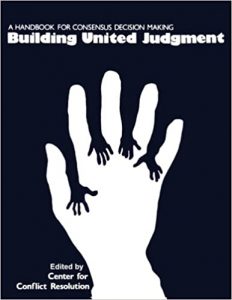 Building United Judgment: “A handbook for community groups or other organizations that describes the process of making decisions and resolving conflict through consensus techniques.”
Building United Judgment: “A handbook for community groups or other organizations that describes the process of making decisions and resolving conflict through consensus techniques.”
https://archive.org/details/BuildingUnitedJudgmentAHandbookForConsensusDecisionMaking
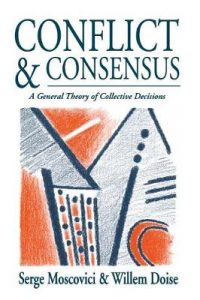 Conflict and Consensus: “Going beyond the traditional view that compromise is a negative process where group members merely comply in order to sustain cohesion, the authors argue that the conflict at the root of group decisions can be a positive force leading to changes in opinion and to innovation.” https://uk.sagepub.com/en-gb/eur/conflict-and-consensus/book203287
Conflict and Consensus: “Going beyond the traditional view that compromise is a negative process where group members merely comply in order to sustain cohesion, the authors argue that the conflict at the root of group decisions can be a positive force leading to changes in opinion and to innovation.” https://uk.sagepub.com/en-gb/eur/conflict-and-consensus/book203287
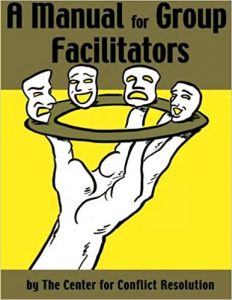 A Manual for Group Facilitators: “This helpful book is an informal outline detailing useful and effective techniques to help groups work well. More than a simple “how to,” the manual contains a discussion of the values, dynamics, and common sense behind group process that have been verified by our own experience.” https://www.ic.org/community-bookstore/product/a-manual-for-group-facilitators/
A Manual for Group Facilitators: “This helpful book is an informal outline detailing useful and effective techniques to help groups work well. More than a simple “how to,” the manual contains a discussion of the values, dynamics, and common sense behind group process that have been verified by our own experience.” https://www.ic.org/community-bookstore/product/a-manual-for-group-facilitators/
FAMILY CONSTELLATIONS
“Family constellations is a powerful method to reveal underlying patterns in your life. In Family Constellations we reveal the hidden dynamics beneath the surface of your relationships. Through this deeper understanding, you allow negative constrictive patterns of relationship to move into more healthy life affirming patterns of relationship.” https://www.familyconstellations.com/
PROCESS WORK
“Process-oriented psychology, also called processwork, is a depth psychology theory and set of techniques developed by Arnold Mindell and associated with transpersonal psychology, somatic psychology and post-Jungian psychology. Process oriented psychology has been applied in contexts including individual therapy and working with groups and organisations. It is known for extending dream analysis to body experiences and for applying psychology to world issues including socioeconomic disparities, diversity issues, social conflict and leadership.” (from Wikipedia) https://processwork.org/
PERSONAL TOOLS
In community, as in life, we find that the conflicts and challenges that come up in our relationships can often point to unexamined or unresolved internal patterns. This is where personal work becomes essential. Ranging from peer counseling to various traditional talk therapies, EFT, meditation, holotropic breathwork, pathwork, EMDR, and psychedelic-assisted therapy, the list of psychotherapeutic tools is exhaustive, and no one modality fits all.
rev. 5/3/2021

